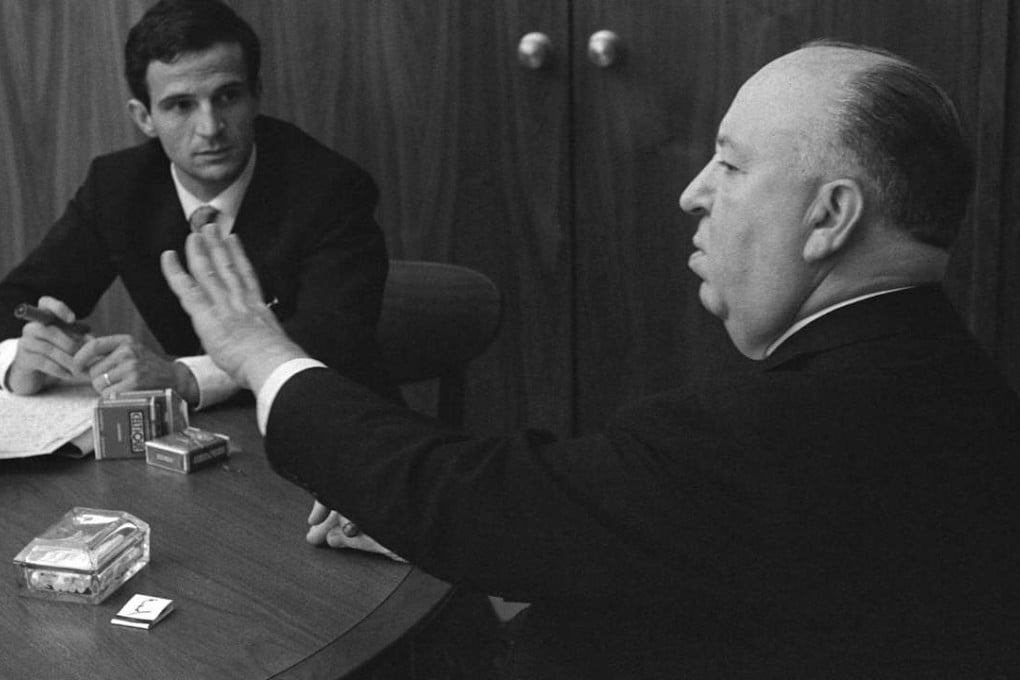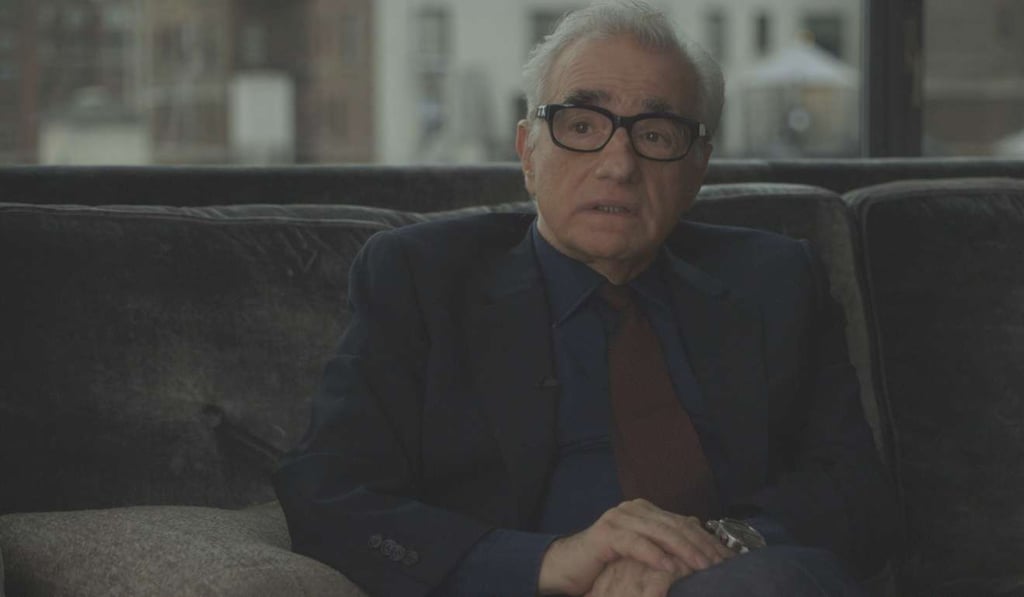Review | Film review: Hitchcock/Truffaut – documentary explains how The Master of Suspense did it
Filmmaker François Truffaut’s interviews for a Hitchcock book, clips from classics by the British director such as The Birds and Vertigo, and input from the likes of Martin Scorsese make this documentary a must for film students

4/5 stars
In 1962, French New Wave filmmaker François Truffaut began an extensive set of interviews with Alfred Hitchcock, for a book entitled Hitchcock/Truffaut. Hitchcock was already an influential mainstream director but the resulting book, to which Truffaut gave his full attention, helped to establish the British director as an auteur with the European art-house movement that was developing in the wake of the nouvelle vague.
Truffaut’s book, which covers Hitchcock’s filmmaking techniques, inspirations, and opinions about how his films were received, became a useful filmmaking manual. This documentary, by Kent Jones, director of the New York Film Festival, uses recordings from the original interview sessions, clips from Hitchcock’s films and interviews with cinematic luminaries such as Martin Scorsese and Olivier Assayas, to provide an erudite moving-image accompaniment to the classic tome.
